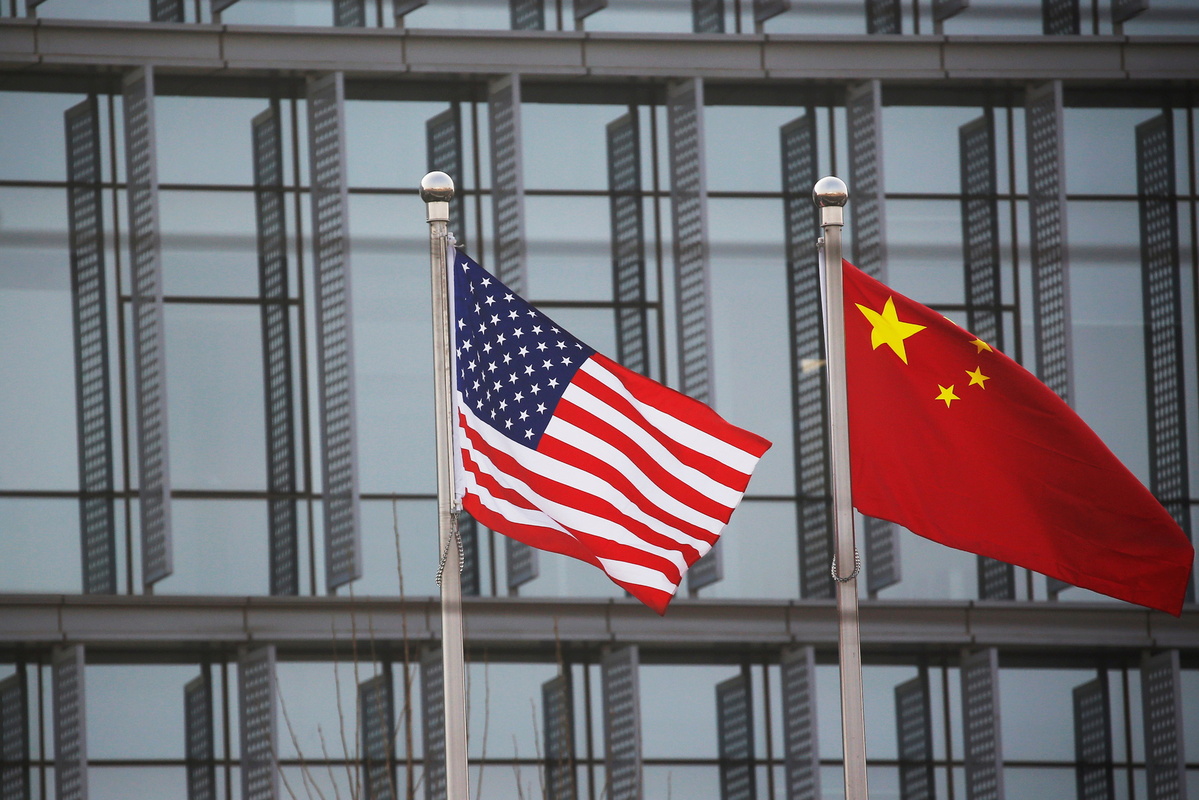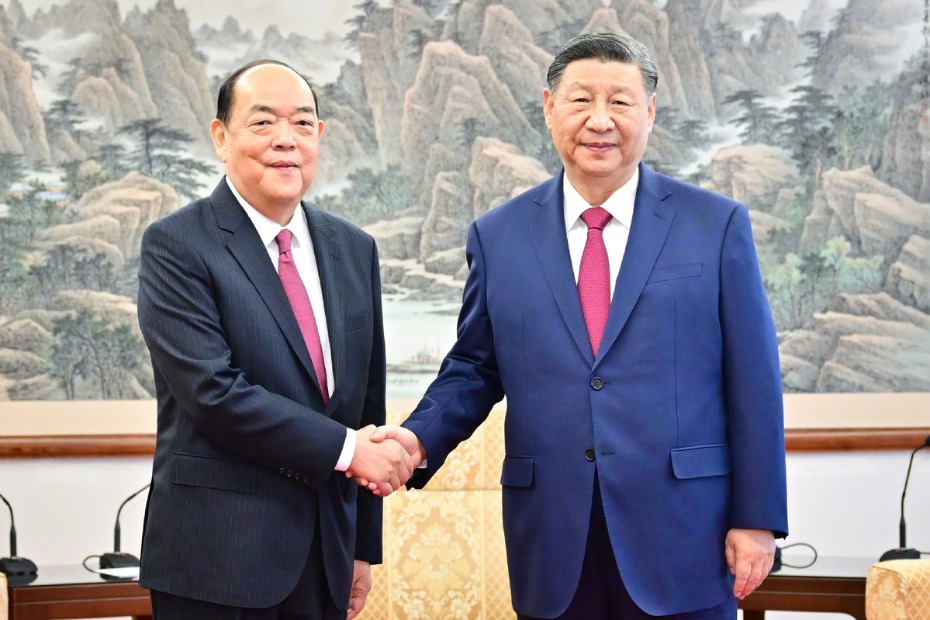Sino-US ties vital to global development


The world stands at a pivotal juncture as 2023 draws to a close. For much of the world, 2023 marked a return to "normalcy" of some sort after the three horrid years of the COVID-19 pandemic.
In the United States, for example, the official inflation rate peaked at a record 9.1 percent in June 2022, gradually subsiding to 3.2 percent by October 2023. The US economy grew by 4.9 percent in the third quarter of 2023, beating all expectations.
As for China, the much anticipated post-pandemic economic upswing has not been as strong as expected.
For the past few years, commentators have been talking about disengagement between the US and China, especially after the former Donald Trump administration launched the tariff war against China and some other countries.
Although the challenges between the US and China have intensified due to disruptions in the global industry and supply chains, and international trade, as well as regional conflicts, Sino-US trade has remained quite resilient, because Chinese products still appeal to US consumers, and China maintains its role as a stable hub for low-cost industrial manufacturing, serving the needs of the US, European countries and China itself.
According to the US Trade Representative, the estimated China-US trade volume for 2022 was $758.4 billion, with US goods exports to China in 2022 increasing by 1.7 percent ($2.6 billion) year-on-year and an impressive 39 percent from 2012. Thus it is fair to say that the concept of "decoupling," has never been an option for the two sides due to their close economic ties, and the strategic value that each attaches to the other.
In the face of multifaceted challenges, the key opportunity for both China and the US lies in strengthening their unparalleled economic partnership. As is true for other foreign enterprises, US businesses are seeking greater access to the Chinese market, which has a stable economic and political environment, safeguards intellectual property rights and has built a fair and just business environment, which can instill confidence in foreign brands to invest in cost-effective, high-tech manufacturing, and benefit from China's vast consumer market.
Recent changes such as revisions to the Foreign Investment Law, better investment opportunities for overseas entities, and improved visa policies for foreigners, have made investment in the Chinese market an even more attractive proposition.
The need for China is to maintain the equilibrium between low-cost manufacturing and high-tech production. Rising labor costs no longer make China the automatic choice for low-cost manufacturing, necessitating China's shift toward higher-value, high-tech industries. The successful navigation of this transition will enable China to retain its prominent place in global manufacturing, offer better-paying jobs to its citizens, and export critical goods to the US and other countries.
The two countries also need to work together on areas of common interest, including the lifting of tariffs, and promoting the green economy and cooperation in the healthcare sector. Striking the right balance requires a practical approach from both sides that fosters economic ties.
In this regard, experts and commentators, in general, agree that the US' decision to reduce China's access to integrated circuits (IC), ostensibly for national security reasons, has prompted China to build its own IC industry. In the short term, US companies will lose profits, and supply chain issues will emerge impacting some US businesses and consumers. And in the long run, it will help China become more self-reliant, which will result in the US losing its advantage in IC technology.
During the history of trade between China and the US, there have been a string of ups and downs, standoffs and reconciliations. Despite all this, the two countries are still critical business and strategic partners, confirming the enduring importance and resilience of their relationship. As such, it is incumbent on our leaders and the business communities to encourage growth and navigate the challenges of the constantly evolving global landscape.
It is imperative therefore that the two countries work toward solutions that will promote growth through enhanced cooperation that will benefit everyone.
The views don't necessarily represent those of China Daily.
The author is chairman of LehmanBush.
If you have a specific expertise, or would like to share your thought about our stories, then send us your writings at [email protected], and [email protected].


































